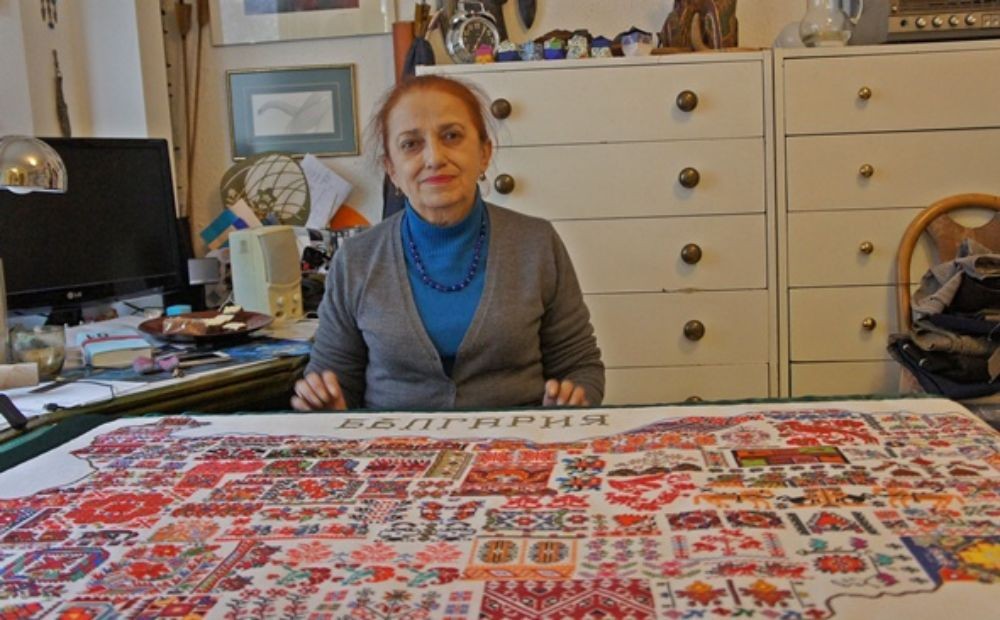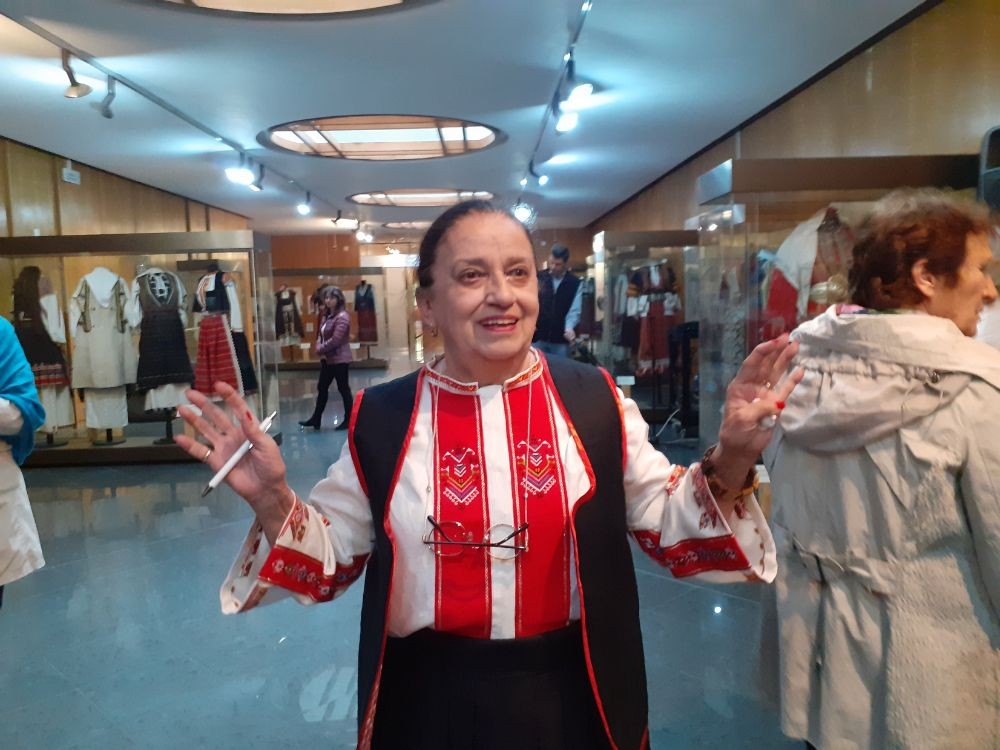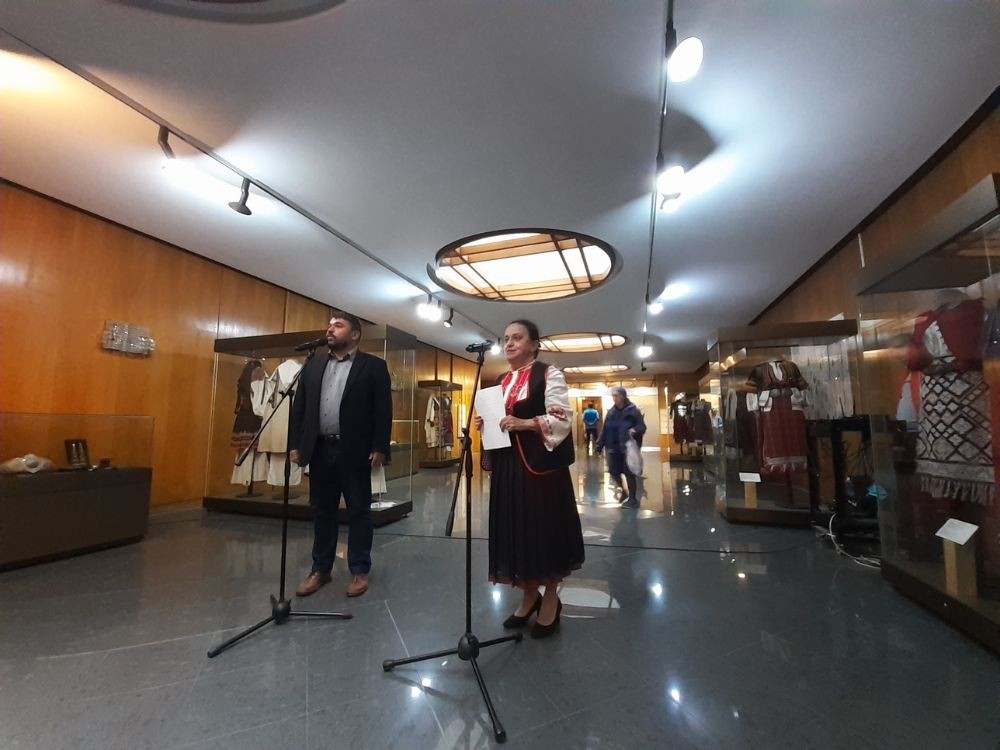


From 16 September, the History Museum in Panagyurishte will be hosting the original Panagyurishte Gold Treasure. The priceless find will be displayed in the museum’s secure vault hall, where it can be seen until October 23. The treasure will be on..
On September 14, the Bulgarian Orthodox Church bows down before the cross on which Jesus Christ was crucified . The Exaltation of the Holy Cross of the Lord or Cross Day is one of the 12 great Christian holidays. It is one of the four days..
Today, Bulgaria celebrates the 140th anniversary of the Unification of the Principality of Bulgaria and Eastern Rumelia. The center of the festivities is Plovdiv, where on this day in 1885, after the entry of the Golyamo Konare detachment into the..

+359 2 9336 661
